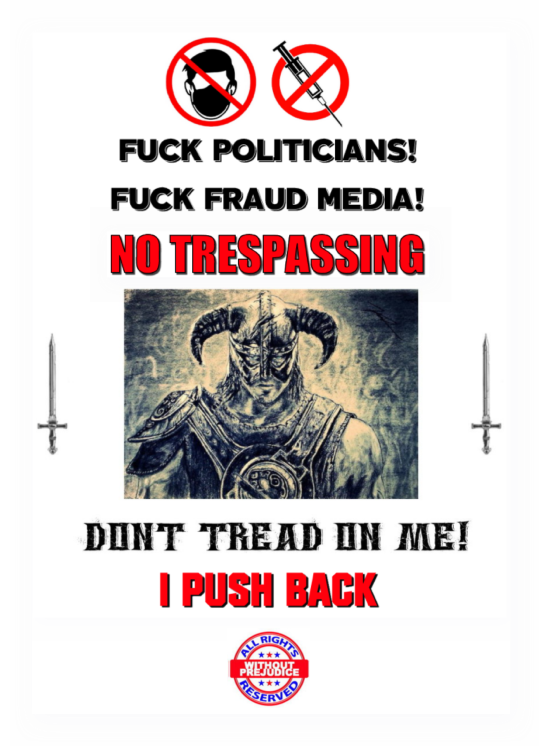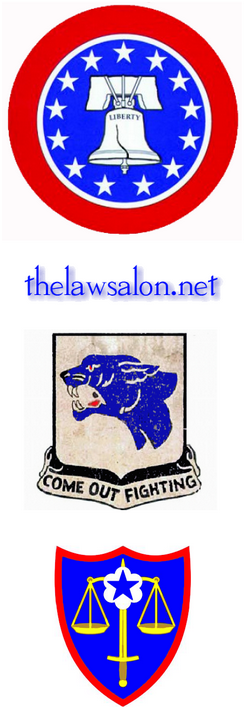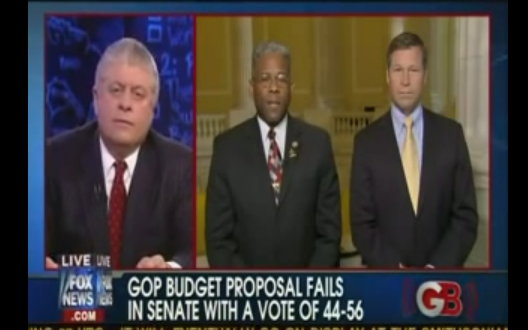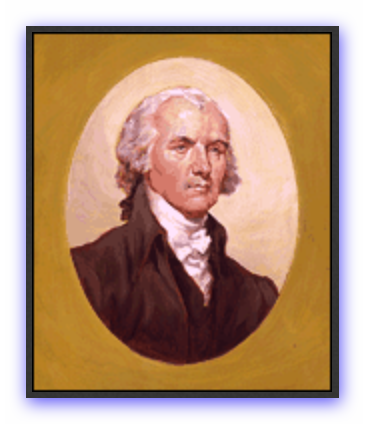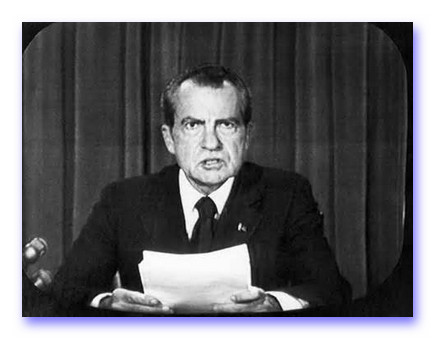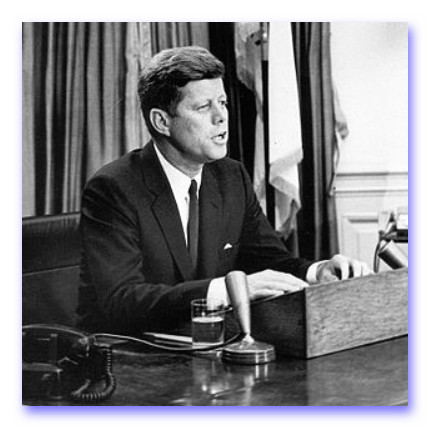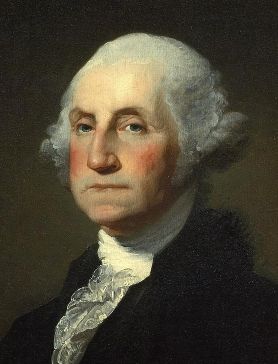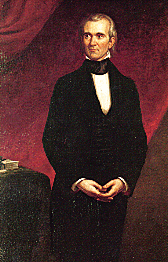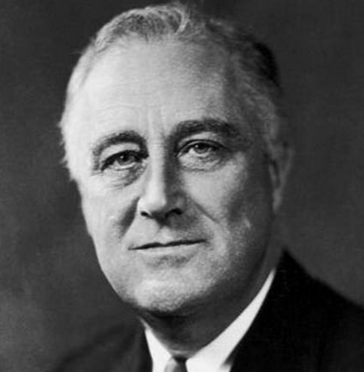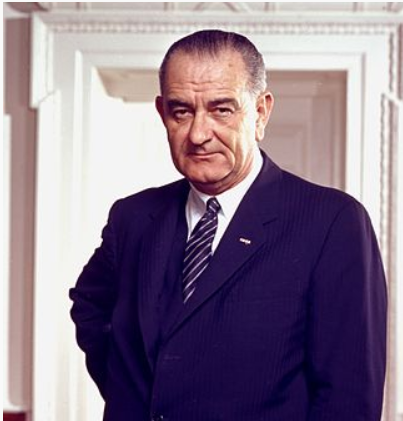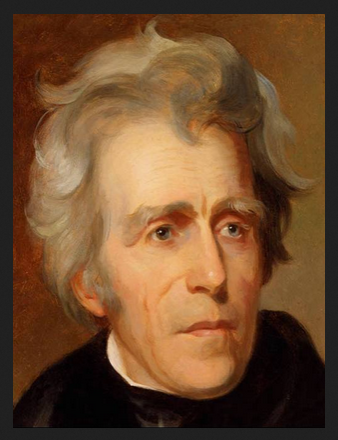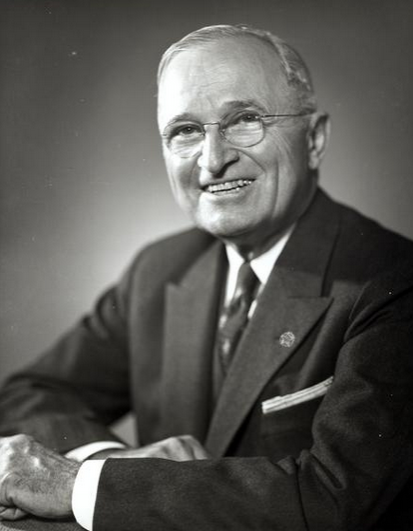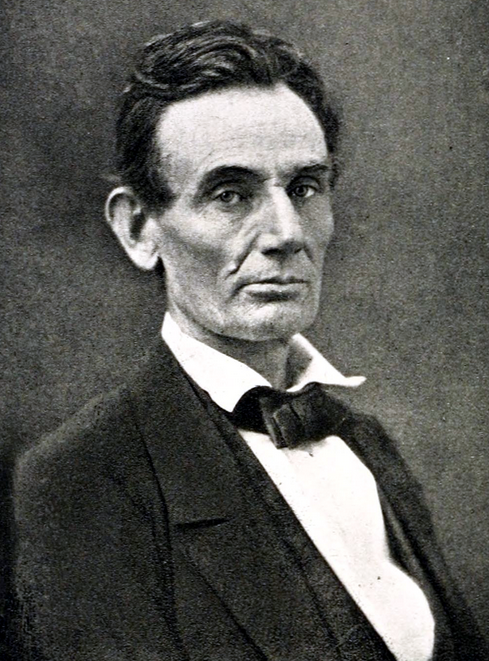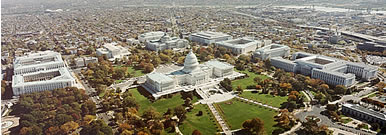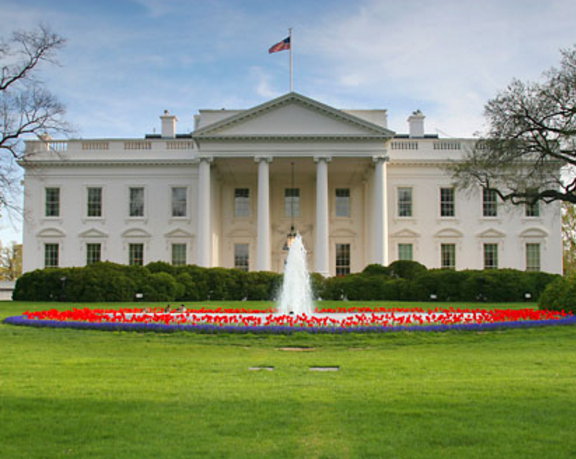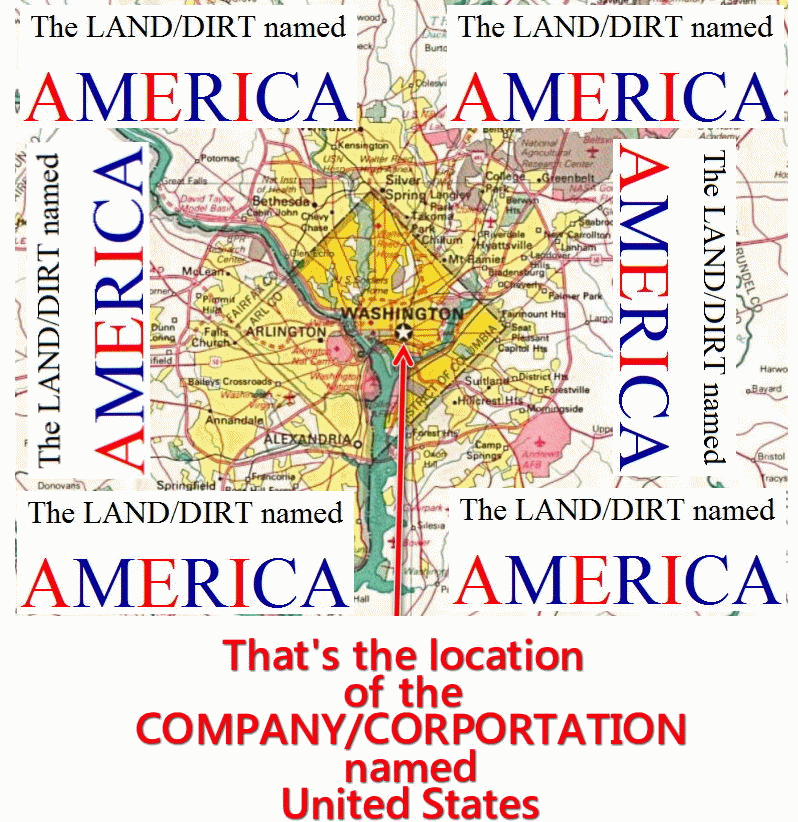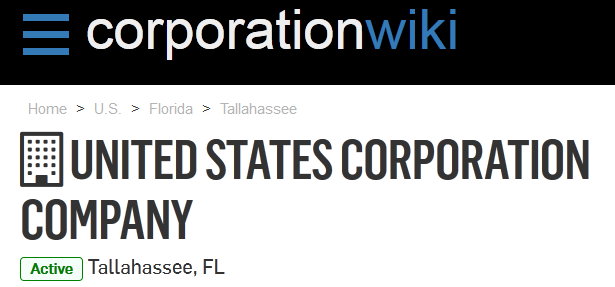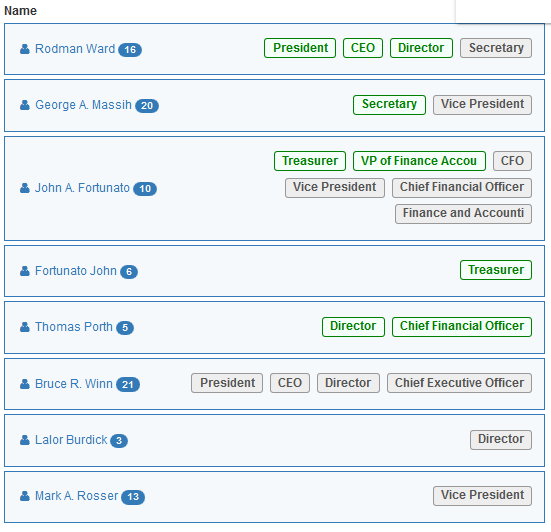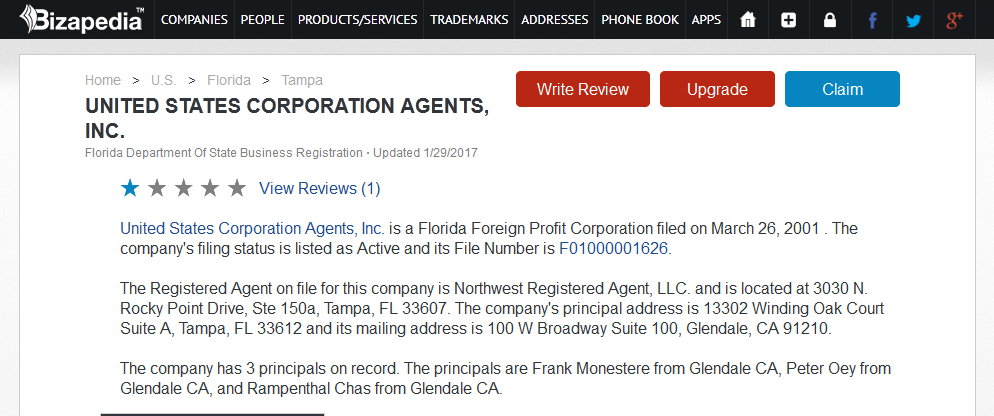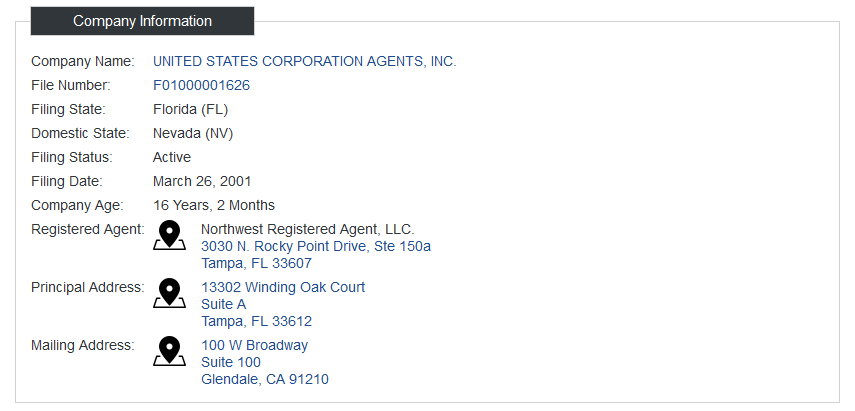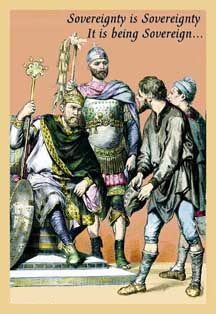
 That
guy is an employee of a company. His title is PRESIDENT.
He's a corporate officer but he's still an employee.
(HELL NO! I
DIDN'T VOTE FOR HIM OR ANY OF THE OTHERS! THEY'RE ALL
FRAUDS!)
That
guy is an employee of a company. His title is PRESIDENT.
He's a corporate officer but he's still an employee.
(HELL NO! I
DIDN'T VOTE FOR HIM OR ANY OF THE OTHERS! THEY'RE ALL
FRAUDS!)

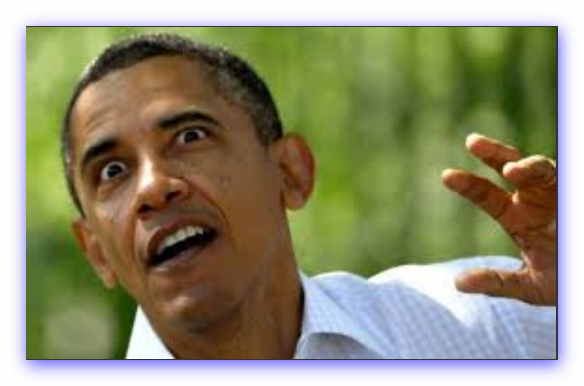
That
guy was an employee of a company, the same company as the other guy.
His title was PRESIDENT. He was corporate officer
but he
was still an employee. From the day he was sworn in
he was
at war, every single day. He ordered that aerial drones drop
bombs on people. Those bombs killed women and children.
He ordered that and made war without a Declaration of War from
Congress. He murdered people and other people he didn't
murder
gave him a Nobel Peace Prize. He reportedly had sex with
men,
proposed a homosexual relationship with a professor, snorted cocaine,
and smoked marijuana. Joan Rivers said he was gay
and
married to a transvestite.


That
guy was an employee of a
company, the same company as the other guys. His title was
PRESIDENT.
He was corporate officer but he was still an employee
He
was a drunk, cokehead, and AWOL He was at war for almost the
entire time he was President. He couldn't talk properly and
fell
off his bicycle often.
“…the
President is the Chief Executive Officer (CEO) of this corporation
called the United States of America”.
Allen West, Former Tea Party Congressman from Florida
March 9, 2011
Interviewed by Judge Andrew Napolitano on The Glenn Beck show.
https://www.youtube.com/watch?v=B8aWGweXoCk
These
guys were all servants, every single one of them. They
volunteered to bea servant. They agreed to be a servant.
All those guys wanted to work for

 "We
the people..."
"We
the people..."
"We
the
people..." created
the jobs for those employees. They had to apply.
They had
to qualify. They had to agree to follow rules their employer
did
not have to follow. Working for their employer is a
privilege.
The privilege is revocable. This is the
office
complex of the company those guys worked for:
That
complex is where employees of "We the people..." work.
The
President's office is here:
Those buildings were
built by "We the people..." so their employees had
a place to work. All the buildings and stuff in the
buildings
belong to "We the people...". The stuff is not
owned by
the employees, it's provided for their use.
Those
buildings represent a
company the "We the people..." created. The company has a
name.
The name of the company is The United States of
America.
United States is the Congress assembled, meaning the
employees
identified by the term Congressman or Congresswoman. America
is
where the company named United States is located.
...the
United States, in Congress assembled."
The Articles of Confederation, Nov.
15, 1777
(The forgoing is used 28 times in that
document.)
People
confuse United States and
America and conflate them. They equate the thing
created by
"We the people..." with where the thing is located.
“The United
States of America and the state
of California are two separate sovereignties, each dominant within its
own sphere. While this state gives its full support
to the
national government in the conduct of a war, it does not by
virtue of that fact automatically adopt the public policy of the nation
as its own.”
Redding v.
City of Los Angeles (1947) 81 Cal.App.2d
"The government of the United States is a foreign corporation with
respect to a state."
In re
Merriam, 36 N. E. 505, 141 N. Y. 479, affirmed 16 S. Ct.
1073, 163 U. S. 625, 41 L.Ed. 287.
CALIFORNIA COMMERCIAL CODE
SECTION 9301-
9342
9307. (h) The United States is located in the
District of Columbia.
The
court's referring to a company and one of
the states of the
union. Note
that the green state
has a lower case "s" at the beginning. That means it's a
noun.
Note that United and States are capitalized. That
means
they're a proper name. That's the name of the company.
The court is referring to two DISSIMILAR things.
The
United States of America is a corporation endowed with the capacity to
sue and be sued, to convey and receive property. 1 Marsh.
Dec.
177, 181. But it is proper to observe that no suit can be brought
against the United States without authority of law.”
Bouvier’s
Law Dictionary, 5th, definition of “United
States”
The United States as drawee of
commercial paper
stands in no different light than any other drawee.
As
stated in United States v. National Exchange Bank, 270 U.S. 527, 534 ,
46 S.Ct. 388, 389, 'The United States does business on business
terms.' It is not excepted from the general rules
governing
the rights and duties of drawees 'by the largeness of its dealings and
its having to employ agents to do what if done by a principal in person
would leave no room for doubt.' Id., 270 U.S. at page 535, 46 S.Ct. at
page 389.
CLEARFIELD
TRUST CO. v. UNITED STATES, 318 U.S. 363 (1943)
It
is, we think, a sound principle that when a government becomes a
partner in any trading company, it divests itself, so far as concerns
the transactions of that company, of its sovereign character and takes
that of a private citizen. Instead of communicating
to the
company its privileges and its prerogatives, it descends to a level
with those with whom it associates itself and takes the character which
belongs to its associates, and to the business which is to be
transacted. Thus, many states of this Union who have an interest in
banks are not suable even in their own courts; yet they never exempt
the corporation from being sued. The State of Georgia, by giving to the
bank the capacity to sue and be sued, voluntarily strips itself of its
sovereign character so far as respects the transactions of the bank and
waives all the privileges of that character. As a
member of
a corporation, a government never exercises its
sovereignty. It acts merely as a corporator, and
exercises
no other power in the management of the affairs of the corporation than
are expressly given by the incorporating act.
The government of
the Union held shares in the old Bank of the United States, but the
privileges of the government were not imparted by that circumstance to
the bank. The United States was not a party to
suits
brought by or against the bank in the sense of the Constitution.
So with respect to the present bank. Suits brought
by or
against it are not understood to be brought by or against the United
States. The government, by becoming a corporator,
lays down
its sovereignty so far as respects the transactions of the corporation,
and exercises no power or privilege which is not derived from the
charter.
Bank
of United States v. Planters' Bank of Georgia (1824)
22 U.S. 9 Wheat. 904
“In clause (4), the words ‘United
States’ are substituted for the words ‘Federal Government’.”
10
U.S.C.S. (United
States
Code Service), '2231(4), History: Ancillary Laws and Directives, p. 19
UNITED
STATES CODE, TITLE 28, PART VI, CHAPTER 176,
Judicial and
Judiciary Procedure, SUB CHAPTER A, Sec. 3002.
Definitions
(15), p. 564, ''United States'' means -
(A)
a
Federal corporation;
Add to
that, there's this thing:
If
people
refuse to acknowledge
those facts and act and speak accordingly, they will, it's inevitable
that they will make mistakes when speaking about many issues,
especially legal issues. Every single someone on the
government
payroll is a servant to...
...and
they do not get
to treat their employer like this:
CANNONS
OF JUDICIAL ETHICS
CANON
3
A
JUDGE SHALL PERFORM THE DUTIES OF JUDICIAL OFFICE IMPARTIALLY AND
DILIGENTLY
B.
Adjudicative Responsibilities
(4)
A judge shall be patient, dignified, and courteous to litigants,
jurors, witnesses, lawyers, and others with whom the judge deals in an
official capacity,...
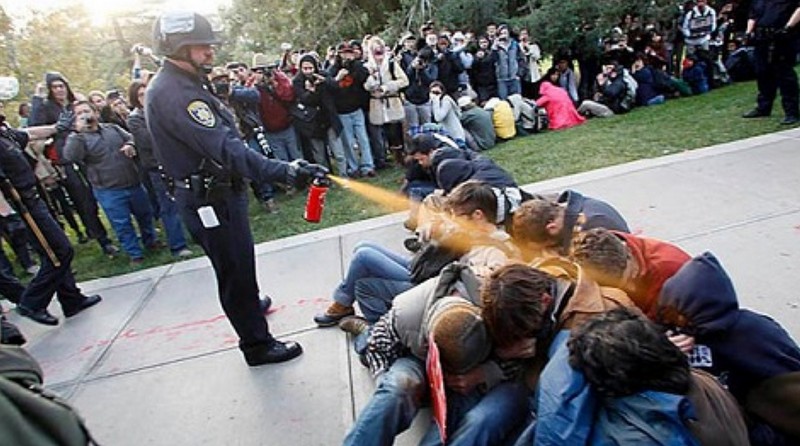
CALIFORNIA CIVIL CODE
1708. Every
person is bound, without contract, to abstain from injuring the person
or property of another, or infringing upon any of his or her rights.
CALIFORNIA GOVERNMENT CODE
820. (a) Except
as otherwise provided by statute (including Section 820.2), a public
employee is liable for injury caused by his act or omission to the same
extent as a private person.
Penal Code
PART 1.
OF CRIMES AND
PUNISHMENTS
TITLE
8. OF CRIMES AGAINST THE PERSON
CHAPTER
9. Assault and Battery
240. An
assault is an unlawful attempt, coupled with a present ability, to
commit a violent injury on the person of another.
241.
(a)
An assault is punishable by a fine not exceeding one thousand dollars
($1,000), or by imprisonment in the county jail not exceeding six
months, or by both the fine and imprisonment.
242.
A battery is any willful and unlawful use of force or
violence upon the person of another.
243.
(a)
A battery is punishable by a fine not exceeding two thousand dollars
($2,000), or by imprisonment in a county jail not exceeding six months,
or by both that fine and imprisonment.
CALIFORNIA
GOVERNMENT CODE
DIVISION 5. PERSONNEL
PART 2. STATE CIVIL SERVICE
19572. Each of the following constitutes cause for discipline
of
an employee, or of a person whose name appears on any employment list:
(a) Fraud in securing appointment.
(b) Incompetency.
(c)
Inefficiency.
(d) Inexcusable neglect of duty.
(e) Insubordination.
(f) Dishonesty.
(g) Drunkenness on duty.
(h) Intemperance.
(i) Addiction to the use of controlled substances.
(j) Inexcusable absence without leave.
(k) Conviction of a felony or conviction of a misdemeanor involving
moral turpitude. A plea or verdict of guilty, or a conviction following
a plea of nolo contendere, to a charge of a felony or any offense
involving moral turpitude is deemed to be a conviction within the
meaning of this section.
(l) Immorality.
(m) Discourteous treatment of the public or other employees.
(n) Improper political activity.
(o) Willful disobedience.
(p) Misuse of state property.
(q) Violation of this part or of a board rule.
(r) Violation of the prohibitions set forth in accordance with Section
19990.
(s) Refusal to take and subscribe any oath or affirmation that is
required by law in connection with the employment.
(t) Other failure of good behavior either during or outside of duty
hours, which is of such a nature that it causes discredit to the
appointing authority or the person's employment.
(u) Any negligence, recklessness, or intentional act that results in
the death of a patient of a state hospital serving the mentally
disabled or the developmentally disabled.
(v) The use during duty hours, for training or target practice, of any
material that is not authorized for that use by the appointing power.
(w) Unlawful discrimination, including harassment, on any basis listed
in subdivision (a) of Section 12940, as those bases are defined in
Sections 12926 and 12926.1, except as otherwise provided in Section
12940, against the public or other employees while acting in the
capacity of a state employee.
(x) Unlawful retaliation against any other state officer or employee or
member of the public who in good faith reports, discloses, divulges, or
otherwise brings to the attention of, the Attorney General or any other
appropriate authority, any facts or information relative to actual or
suspected violation of any law of this state or the United States
occurring on the job or directly related to the job.
Both
the police we honor and the criminals we prosecute are subject to the
same binding Constitution.
SMITH v. CITY OF HEMET
(2005) 394 F.3d 689, 9th Cir. (en banc)
Obviously, administrative agencies, like police officers must obey the
Constitution and may not deprive persons of constitutional rights.
Southern Pac. Transportation Co. v. Public Utilities
Com . (1976)
18 Cal.3d 308
[S.F. No. 23217. Supreme Court of California. November 23, 1976.]
It is elementary that public officials must themselves obey the law.
Wirin
v. Parker (1957) 48 Cal.2d 890
In re
Red Light Photo Enforcement Cases (2008) Cal.App.4th
An officer who acts in violation of the Constitution ceases to
represent the government.
Brookfield
Construction Company v. Stewart, 284 F. Supp. 94 (1964),
United States District Court District of Columbia.

Arguably the officer employee is liable in damages to their employer
for the mere threat to deny or otherwise prejudice the secured rights
of the people they chose to serve:
The
principle that animates these cases is simple: a search is unreasonable
— and so violates the Fourth Amendment — if its justification is
grounded in officers “engaging or threatening to engage in conduct that
violates the Fourth Amendment.” Kentucky v. King, 131 S.Ct. 1849, 1858
(2011).
UNITED
STATES
of America v. Dawud Ali SAAFIR (June 11, 2014) No.
13–4049, United States Court of Appeals, Fourth
Circuit.
(c)
The proper test follows from the principle that permits warrantless
searches: warrantless searches are allowed when the circumstances make
it reasonable, within the meaning of the Fourth Amendment, to dispense
with the warrant requirement. Thus, a warrantless
entry
based on exigent circumstances is reasonable when the police did not
create the exigency by engaging or threatening to engage in conduct
violating the Fourth Amendment.
Because
the officers in this case did not violate or threaten to violate the
Fourth Amendment prior to the exigency, we hold that the exigency
justified the warrantless search of the
apartment.
KENTUCKY
v.
KING (2011) No. 09-1272, U.S. Supreme Court
When
the officer employee activates the red lights, that represents a SHOW
OF FORCE. The FORCE demonstrated by the officer employee is
authorized under the circumstances or it's not. The FORCE
demonstrated by the employee officer is COMPULSORY. The SHOW
OF
FORCE is to induce COMPLIANCE with the officers directive or command to
halt. The officer employee demands the party to
whom the
red lights are directed to stop. That DEMAND is valid or
it's
not. The employee officer is prohibited from activating the
red
lights, or demonstrating a SHOW OF FORCE unless crime is afoot. Both
the Penal Code and the Vehicle Code specify this fact:
CALIFORNIA
PENAL CODE
836. (a)
A peace officer may arrest a person in obedience to a
warrant,
or, pursuant to the authority granted to him or her by Chapter 4.5
(commencing with Section 830) of Title 3 of Part 2, without a warrant,
may arrest a person whenever any of the following circumstances occur:
(1)
The officer has probable cause to believe that the person to
be
arrested has committed a public offense in the officer's presence.
CALIFORNIA VEHICLE CODE
40300.5.
In addition to the authority to make an arrest without a
warrant
pursuant to paragraph (1) of subdivision (a) of Section 836 of the
Penal Code, a peace officer may, without a warrant, arrest a person
when the officer has reasonable cause to believe that the person had
been driving while under the influence of an alcoholic beverage or any
drug, or under the combined influence of an alcoholic beverage and any
drug when any of the following exists:
(a) The
person is involved in a traffic accident.
(b)
The person is observed in or about a vehicle that is
obstructing a roadway.
(c)
The person will not be apprehended unless immediately
arrested.
(d)
The person may cause injury to himself or herself or damage
property unless immediately arrested.
(e)
The person may destroy or conceal evidence of the crime
unless immediately arrested.
The
Legislature did not impose a MANDATORY DUTY on any officer employee to
arrest anyone without a warrant, even when crime is committed in their
presence. The Legislature did not provide the term "shall"
in
either of those two sections, hence their duty is DISCRETIONARY and
conditioned on the specific elements provide by the Legislature.
If those elements are not present the arrest lacks both constitutionl
and legislative foundation.
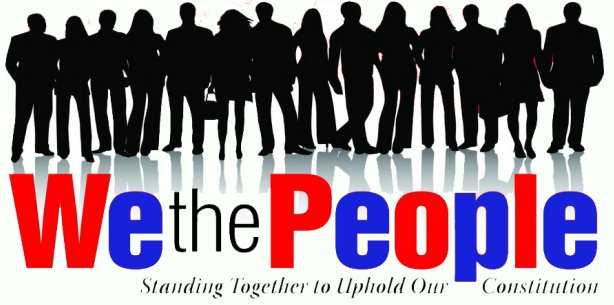 ARE THE EMPLOYER. ARE THE
BOSS. ARE THE HEAD HONCHO.
ARE THE EMPLOYER. ARE THE
BOSS. ARE THE HEAD HONCHO.
Constitution
of the State of California
We
the people of California, grateful to Almighty; God for our freedom: in
order to secure its blessings, do establish this Constitution.
Article
I:
Declaration of Rights
Sec. 1.
All
men are by nature free and independent, and have certain unalienable
rights, among which are those of enjoying and defending life and
liberty: acquiring, possessing and protecting property: and pursuing
and obtaining safety and happiness.
Sec.
21.
This
enumeration of rights shall not be construed to impair or deny others,
retained by the people.
CALIFORNIA GOVERNMENT CODE
100.
(a) The sovereignty of the
state resides in the people thereof,
11120.
It is the public policy of this state that public agencies exist to aid
in the conduct of the people's business and the proceedings of public
agencies be conducted openly so that the public may remain informed.
In
enacting this article the Legislature finds and declares that it is the
intent of the law that actions of state agencies be taken openly and
that their deliberation be conducted openly.
The
people of this state do not yield their sovereignty to the agencies
which serve them. The people, in delegating authority, do not give
their public servants the right to decide what is good for the people
to know and what is not good for them to know. The people insist on
remaining informed so that they may retain control over the instruments
they have created.
This article shall be known and may be cited as
the Bagley-Keene Open Meeting Act.
54950
DECLARATION OF LEGISLATIVE PURPOSE.
“In enacting this chapter, the Legislature finds and declares that the
public commissions, boards and councils and the other public agencies
in this State exist to aid in the conduct of the people’s
business. It is the intent of the law that their actions be
taken
openly and that their deliberations be conducted openly.
The
people of this State do not yield their sovereignty to the agencies
which serve them. The people, in delegating authority, do not give
their public servants the right to decide what is good for the people
to know and what is not good for them to know. The people
insist
on remaining informed so that they may retain control over the
instruments they have created”.
[2]
The people of the State of California are supreme and have the
undoubted right to protect themselves and to preserve the form of
government...
Steiner
v.
Darby (1948) 88 Cal.App.2d 481
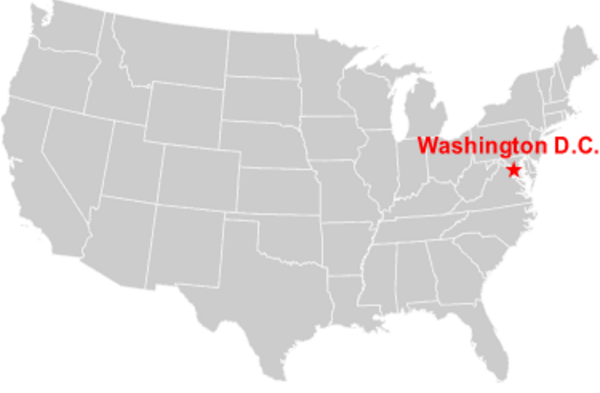 Again, that's the LOCATION of the company named
United States.
The physical or geographical jurisdiction of the
District of Columbia is 10 miles square.
Again, that's the LOCATION of the company named
United States.
The physical or geographical jurisdiction of the
District of Columbia is 10 miles square.
The district is not a state. A district is not a state.
 Cicero
Cicero
106 BC – 43 BC
Do
not blame Caesar, blame the people of Rome who have so
enthusiastically acclaimed and
adored him
and rejoiced in their loss of
freedom.
CALIFORNIA GOVERNMENT CODE
4. No action or proceeding commenced before this code takes effect, and no right accrued, is affected by this code ,...
100.(a) The sovereignty of the state resides in the people thereof,...
11120. It is the public policy
of this state that public agencies exist to aid in the conduct of the
people's business and the proceedings of public agencies be conducted
openly so that the public may remain informed.
In enacting this article the Legislature finds and declares that it is
the intent of the law that actions of state agencies be taken openly
and that their deliberation e conducted openly.
The people of this state do not yield their sovereignty to the agencies
which serve them. The people, in delegating authority, do not give
their public servants the right to decide what is good for the people
to know and what is not good for them to know. The people insist on
remaining informed so that they may retain control over the instruments
they have created.
§54950 DECLARATION OF LEGISLATIVE PURPOSE
. "In enacting this chapter, the Legislature finds and declares that
the public commissions, boards and councils and the other public
agencies in this State exist to aid in the conduct of the people's
business. It is the intent of the law that their actions be taken
openly and that their deliberations be conducted openly.
The people of this State do not yield their sovereignty to the agencies
which serve them. The people, in delegating authority, do not give
their public servants the right to decide what is good for the people
to know and what is not good for them to know. The people insist on
remaining informed so that they may retain control over the instruments
they have created".

